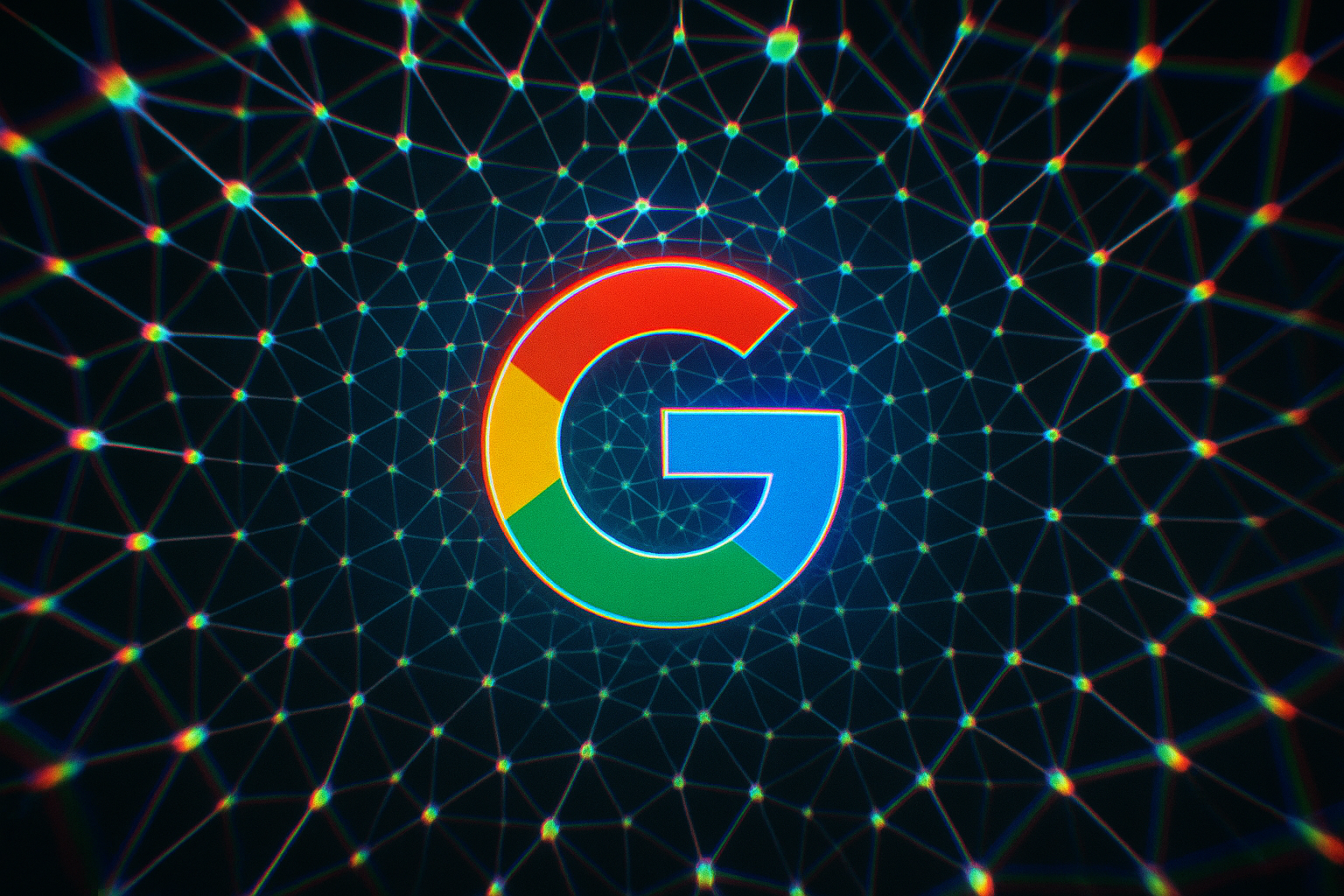Google leans on token metrics, not revenue, adding to bubble talk about AI growth

Key Points
- Google earns solid revenues from its cloud services and AI chips, but it's still unclear if generative AI has produced any significant income so far.
- Instead of disclosing concrete revenue numbers, Google uses the token consumption of its largest clients as a performance measure, though this figure doesn't offer much insight into actual use, costs, or business impact.
- Current estimates suggest generative AI brings in $3 to $4 million per major customer each year, which is only a small portion of Google's overall cloud revenue.
Google is touting its wins in cloud and AI chips, but it’s still not clear if generative AI is actually driving meaningful revenue.
The company highlights success stories in its earnings reports, but the numbers are vague and tough to compare. For example, Google points to WPP, which reportedly boosted campaign efficiency by up to 70 percent, and Swarovski, which increased email open rates by 17 percent and sped up campaign localization by a factor of ten. But these numbers are impossible to verify and don’t say anything about real business impact.
Token counts don’t reveal much about actual AI revenue
If you’re looking for another sign of a bubble, here it is: instead of reporting actual revenue, Google points to token consumption among its 150 largest customers as a proxy for AI growth. Each customer supposedly used around one trillion tokens last year.
But this metric doesn’t shed much light. Token consumption alone doesn’t say anything about the real value companies are getting from AI. It’s also unclear which models were used, whether those tokens were input or output, or how much each one actually cost.
A simple calculation shows the problem: Even if every token was billed at Google’s highest rate of $15 per million (with Gemini 2.5 Pro) and all were output tokens, that would mean $15 million in revenue per customer per year.
More realistic scenarios—with a mix of input and output tokens, mostly short prompts, context caching, and cheaper models—bring that number down to the low single-digit millions. In reality, Google’s per-customer revenue probably sits somewhere between $2.5 million and $4.5 million.
Across 150 customers, that works out to about $450 to $600 million—just 0.75 to 1 percent of the $60 billion in annual Google Cloud revenue projected for 2025. Even the most optimistic scenario ($15 million per customer) tops out at $2.25 billion, or about 3.8 percent. In the end, this is the revenue that needs to justify Google’s aggressive AI expansion, as well as the push from other tech giants—especially since Google is likely one of the more successful players in the space.
Obstacles to scaling and monetizing generative AI
The relatively low revenue shows that Google’s customers aren’t deploying generative AI at scale. Part of the problem is that integrating these systems into real workflows is complicated. Companies also have to deal with data privacy, regulation, quality control, and cost. Reliability and cybersecurity are two of the biggest reasons companies are holding back, since LLMs are still unpredictable and can pose real security risks. At the same time, as competition in AI heats up, token prices are dropping, which puts a cap on potential revenue.
Right now, Google’s cloud and AI chip businesses are benefitting from the generative AI hype. The rush for infrastructure and specialized chips is mostly driven by the belief that generative AI is about to become a major economic driver. But if companies can’t turn these early experiments into scalable, profitable products, that momentum could disappear—and so would spending on cloud services and hardware.
If that happens, today’s cloud and chip revenue would look less like real, lasting AI value and more like a temporary spike fueled by inflated expectations.
AI News Without the Hype – Curated by Humans
As a THE DECODER subscriber, you get ad-free reading, our weekly AI newsletter, the exclusive "AI Radar" Frontier Report 6× per year, access to comments, and our complete archive.
Subscribe now